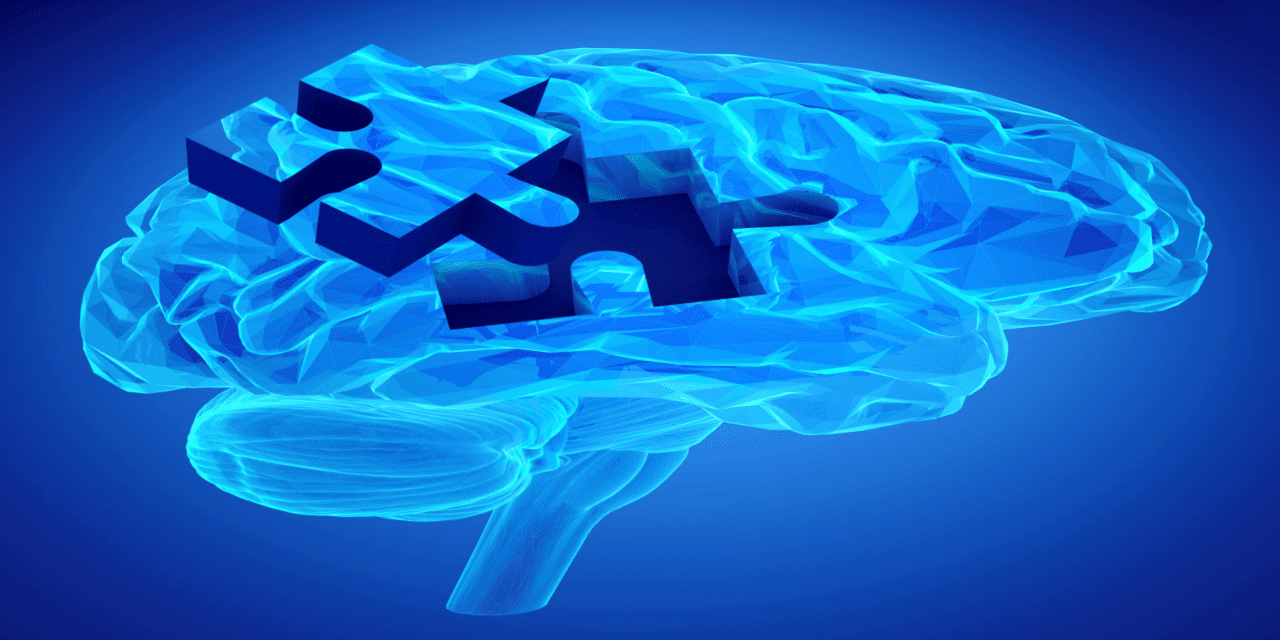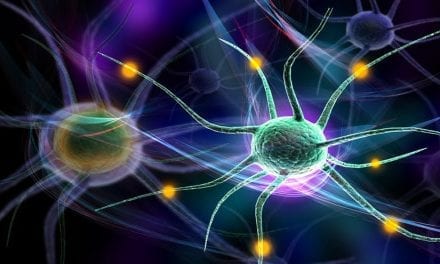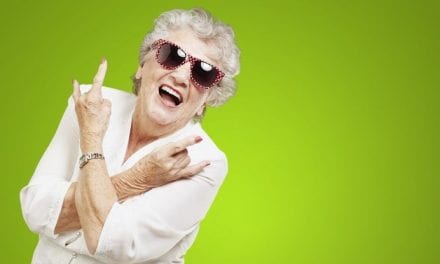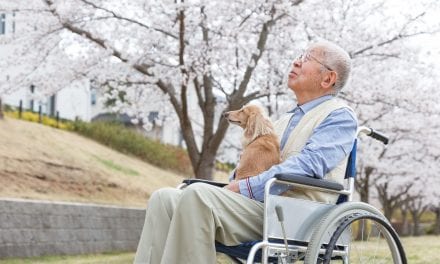Is it possible, by creating an environment of new learning experiences, to increase the functional size of the brain of someone with Alzheimer’s?
By Susan Saldibar
Today, as we all know, there is still no cure for Alzheimer’s disease. But is it possible, by creating an environment of new learning experiences, to increase the functional size of the brain of someone with Alzheimer’s? It is that question that has lead Jean Makesh, CEO of Lantern Lifestyle, to create a unique “learning” environment at his three assisted living/memory care communities in the Cleveland area (Madison, Chagrin Valley, and Saybrook).
Steve Moran sat down for a “Conversations” podcast with Jean at the Senior Living Innovation Forum in Napa earlier this year. (Although the podcast has taken a different direction, we wanted to share this interview.) They chatted about Jean’s unique approach to treatment for Lantern’s senior living residents. It’s pretty “mind-blowing” as Steve calls it. And it pretty much turns the traditional notion of memory care on its head.
Think of the brain as a muscle. Then do things to make it larger.
There are two programs used at Lantern. The first, called JIVE, is used within Lantern’s assisted living community. Its goal is to help delay onset of symptoms of Alzheimer’s disease. But it was the second program, called Svayus, that really got Steve’s attention. “Through the Svayus program we look at everything we can do, through cognitive restructuring, cognitive reformatting, activities, and exercises that can expand the functional size of the human brain,” Jean explains.
Steve asked Jean to elaborate on how this works. What can assisted living and memory care providers do for their residents, in terms of programs and exercises to help expand the functional size of their brains? You have to start, according to Jean, by thinking of the brain like a muscle, which can get larger with exercise.
“What do bodybuilders do? They don’t use the same amount of weight every single day. They don’t follow the same routine every day,” Jean explains. The idea is to expose the brain to new learning, as you might expose a muscle to a new, more demanding routine.
Also like a muscle, it may even cause some discomfort as the resident is learning something that he or she is not innately familiar with. But it works those “muscles” to begin to expand functional capacity to new areas.
Wow, this is a surprising departure from the normal “keep calm and don’t agitate” approach, as Steve was quick to point out. Jean acknowledges that but believes much of the anxiety and agitation experienced by those with Alzheimer’s is caused by external factors. He pointed to Lantern’s biophilic building design and how they have created spaces that minimize conflict and require less work for the brain to process the environment.
Jean is a big believer in giving people hope. He firmly believes Svayus helps do that.
Pretty cool. But is the program working? Yes! Although Jean acknowledges that getting any hard metrics on the success of the programs is difficult, primarily because they haven’t had a resident with Alzheimer’s disease alone. Typically, by the time they develop Alzheimer’s they have developed other comorbid conditions that can influence the disease process. Still, Jean and his colleagues are encouraged by what they are finding. “We had a resident who regained the ability to bathe herself. That’s huge!”, Jean says. He feels the programs were also responsible for keeping residents on their feet and out of wheelchairs longer.
But at the end of the day, Jean says it’s always about hope. “People ask what business I am in and I always say, ‘I’m in the business of giving people hope,’” Jean tells Steve. “Because, if we don’t have hope then there is nothing for us to work towards. And every single time we are told there is nothing that can be done for the elderly or someone with Alzheimer’s, it takes away the motivation for us to get involved and do anything and everything humanly possible to help those individuals.”
It’s hard not to agree with this. What do you think? Maybe it’s time for some fresh thinking.
As you can imagine, the podcast contains a lot more detail on Svayus and on Jean’s philosophy of care, along with more personal anecdotes and observations. Definitely worth watching!








